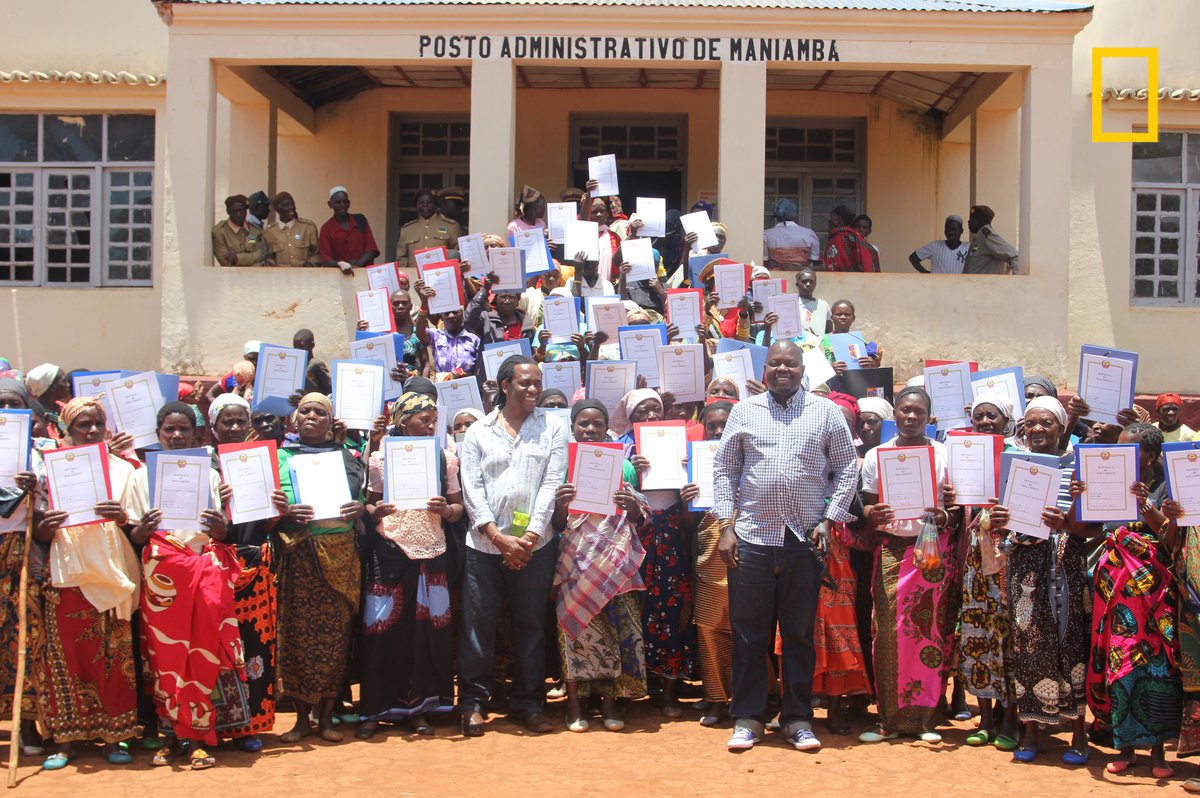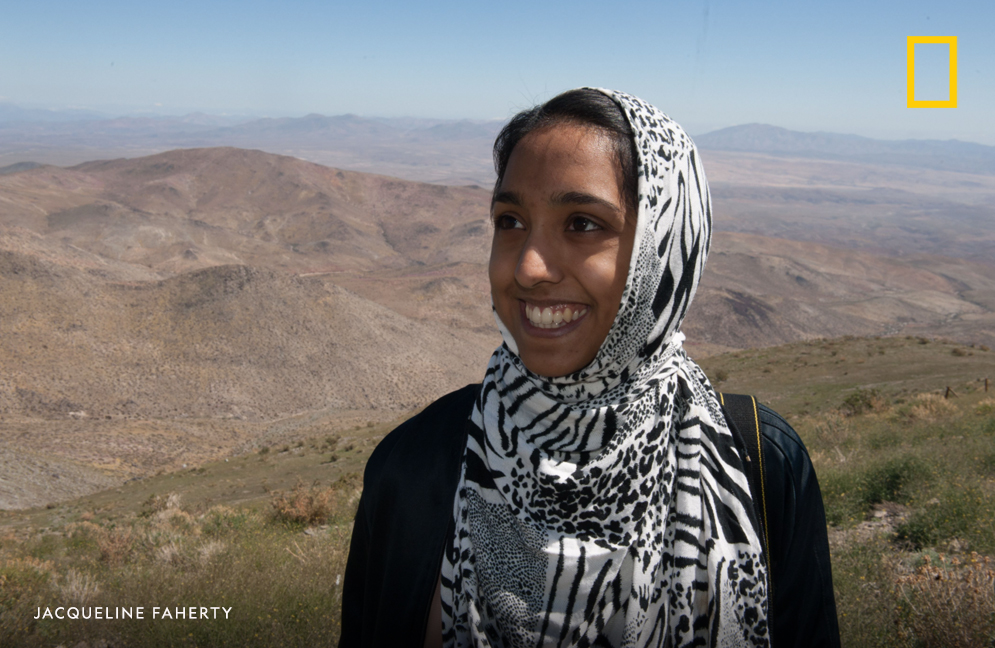
Happy #DisabilityPrideMonth! We're doing a Q&A with @insidenatgeo Explorer and musician Feliciano dos Santos (@felician_santos), who uses his band, Massukos, to spread messages of sanitation and hygiene to the most remote villages in Mozambique. on.natgeo.com/3BMiPOo 

Q1: How did you first become interested in music and what inspired you to use it to spread the message of clean water and sanitation?
A1: I got interested in music very early. Whenever I listened to music on the radio, I thought that the singers were at that time in the studio. Later I realized the great power music has. It takes us where words cannot.
Sometimes a scream in music has a deep meaning that words can't express. Music has another power to transform a person and change society. Look, I suffered a lot of bullying for being disabled, but believe me, music changed that in my life ...
My children sometimes came from school and told me what they suffered for having a disabled father. From the moment I became famous for the music I produced, things changed—some would like me to be their father.
That was the moment I understood that I should use music for educational campaigns on water and sanitation. In fact, my disability was caused by a lack of adequate sanitation. So, one way to contribute was to use music to deliver messages about hand washing, using latrines, ect.
Q2: What is something you wish more people knew about your work in particular?
A2: I'm working on educating girls aged 10-24 on sexual and reproductive health and the prevention of premature marriage. I've also been working on land title rights for widowed women/heads of household in places with mineral potential, to protect them in the compensation process 

I am also linked to the Network of Community Management of Natural Resources where I am President of the Board of Directors—this network is working in various parts of the country in conservation areas, educating communities on good governance and preservation of nature.
Q3: What does #DisabilityPrideMonth mean to you? How are you celebrating this year?
A3: I believe #DisabilityPrideMonth means overcoming discrimination and stigma and becoming an example for others. Celebration at a time of pandemic is difficult. But It's being alive and having hope.
Learn more about how @insidenatgeo is using the power of science, exploration, education, and storytelling to illuminate and protect the wonder of our world. on.natgeo.com/3C4tggq
• • •
Missing some Tweet in this thread? You can try to
force a refresh










